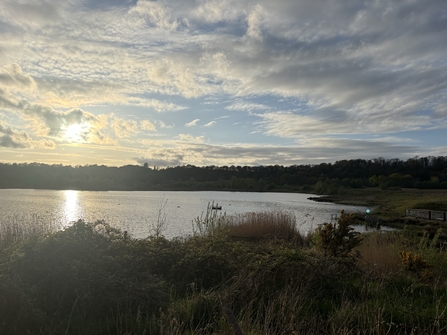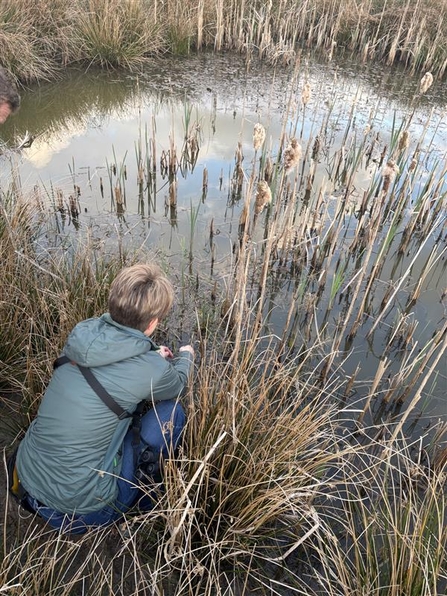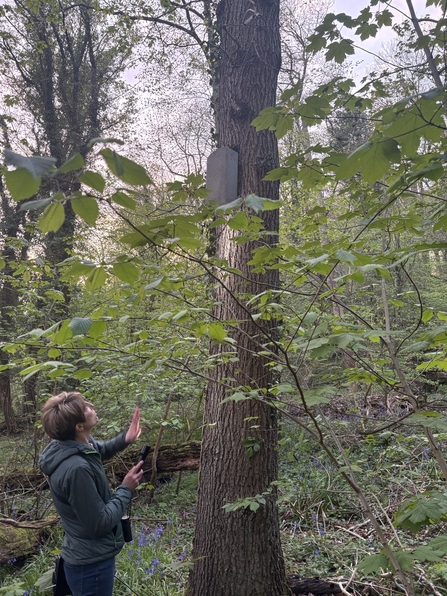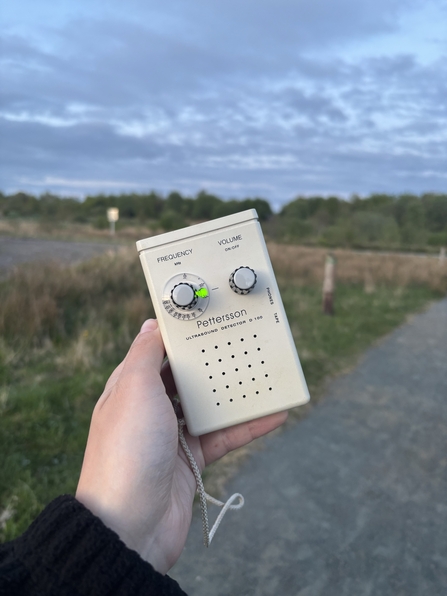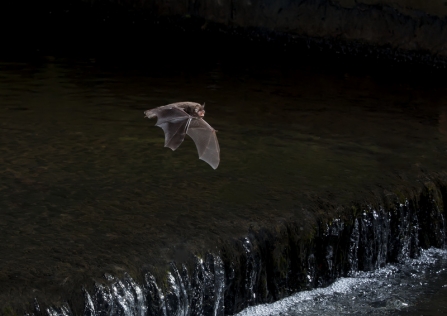Last week, I was lucky enough to join Lorna Bennett, our Brockholes Reserve Officer, and two of our incredibly generous supporters, Dave and Chi, for an exclusive after-hours experience. Our task for the evening - becoming bat detectives!
The midges filling the air were a positive sign that we'd be treated to some bat sightings - and soundings! Whilst we waited for the sun to set, we explored the reserve and Lorna explained the impact that Dave and Chi's kind donation of £15,000 would be having over the next few months.


